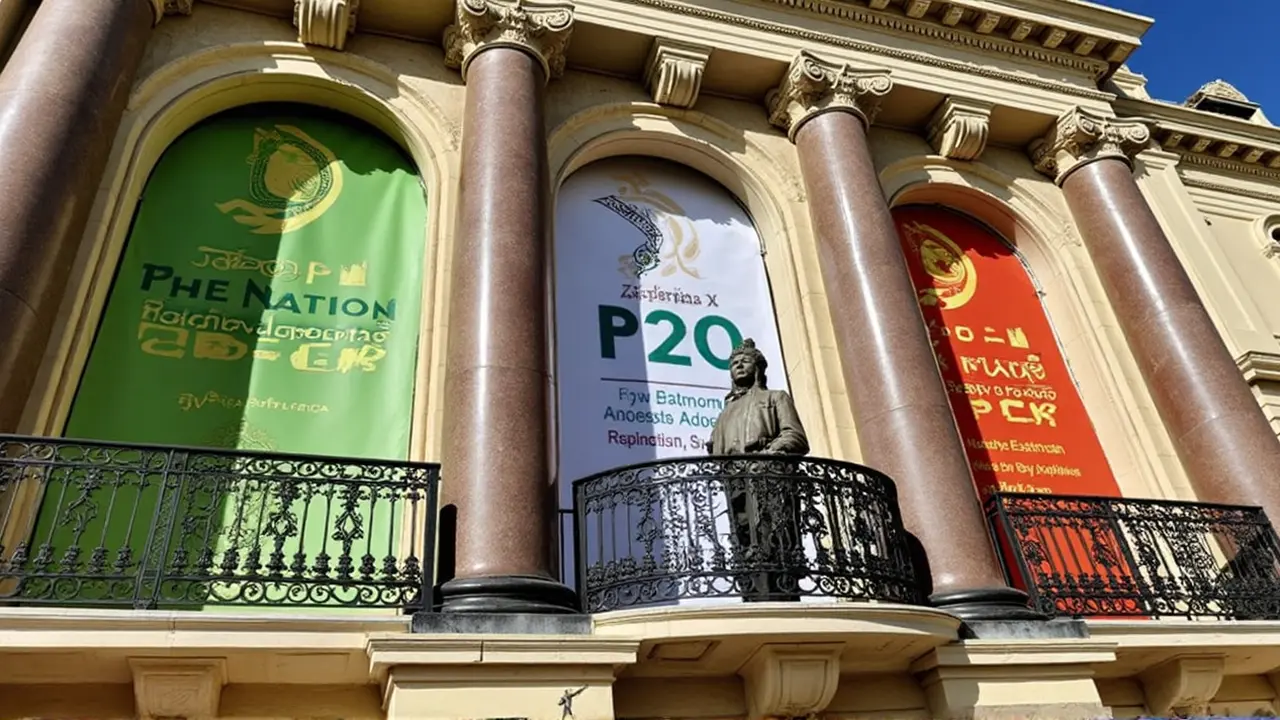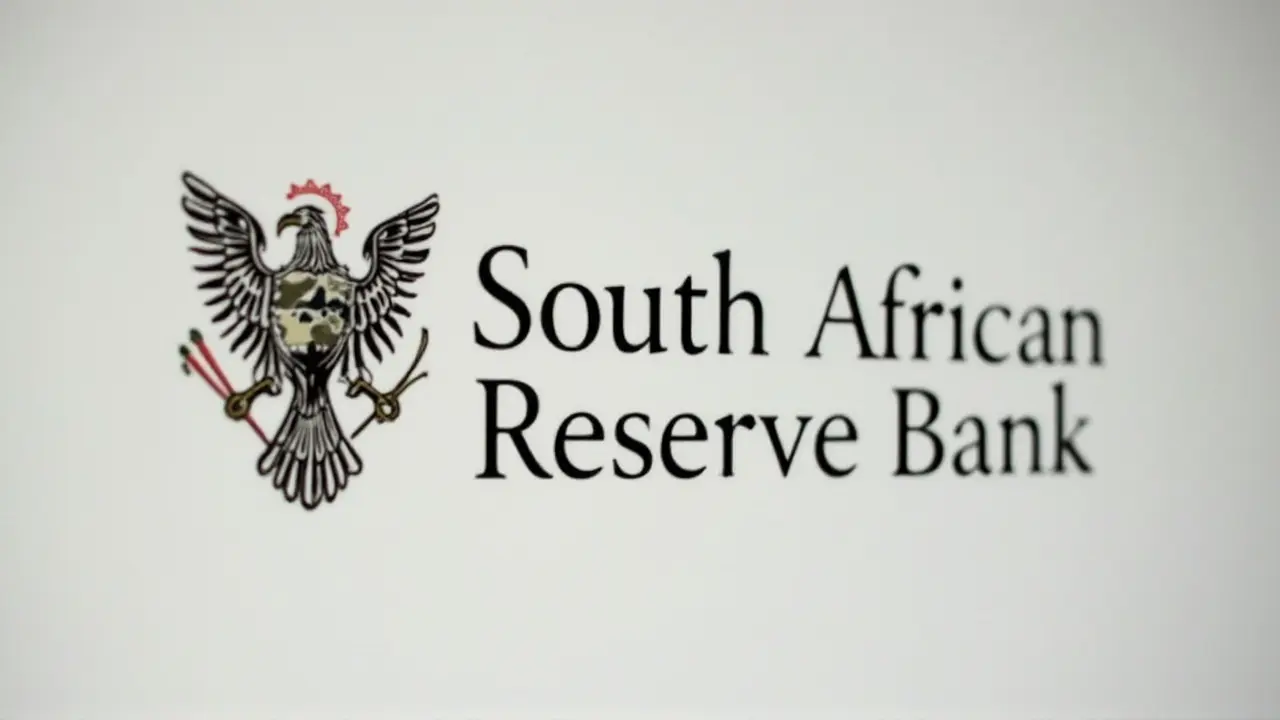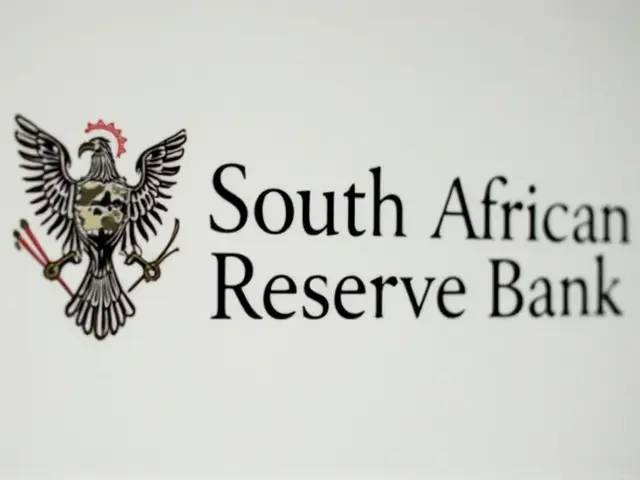Debate Heats Up: Does the Reserve Bank Back Black-Owned Financial Services?
The heat is on the South African Reserve Bank (SARB), after Mzwanele Manyi, chief whip of the uMkhonto weSizwe Party, called out the country's central bank for what he sees as a lack of real support for black-owned financial services. Manyi’s comments aren’t just shots in the dark—they’re aimed squarely at the ongoing economic frustrations marked by SARB’s decision to hike interest rates for the tenth time in May 2023. That move bumped the repo rate up to 8.25%, dragging the prime lending rate to a bruising 11.75%. For many South Africans—especially in black communities and small business circles—these changes feel like the sky caving in, tightening the noose around anyone already struggling with access to mainstream banking.
SARB’s approach isn’t happening in a vacuum. At a recent round-table, Deputy Governor Kuben Naidoo shared stats that painted a clear picture: traditional banks are still geared heavily toward retail customers. Retail makes up about 92% of bank business, leaving only 8% for small and medium-sized enterprises (SMEs). The crucial bit? Black-owned SMEs face almost identical challenges as their white counterparts breaking into the space, but the history of exclusion means they're starting far further back. For businesses hoping to scale, a modest share of SME-focused banking doesn’t scratch the surface, solidifying a kind of financial glass ceiling.

The Elusive Goal of Black-Owned Banks
At the round-table, the inability to define what actually counts as a 'black-owned bank' sparked more debate than agreement. Basani Maluleke, head of African Bank, pointed to a crucial contradiction: a bank’s ownership might shift to predominantly black, but if leadership and management teams remain overwhelmingly white, does true change ever happen? It’s a real concern—if black empowerment on the books doesn’t produce diverse decision-making in practice, what has really changed?
Pressure to act is mounting. The Association of Black Securities and Investment Professionals (ABSIP) has set up a Banking Think Tank, pushing to accelerate the creation and viability of genuinely black-owned banks. Without this, critics say, financial inclusion will remain a distant dream.
Digging into transformation stats adds more nuance. On the surface, it looks like some progress has happened. In listed financial services firms, black ownership sits at a notable 89%, and skills development targets are at 74%. Unlisted companies exceed goals for enterprise and socioeconomic development. Yet, these numbers hide uncomfortable truths—management control figures haven’t budged, and moves to open up C-suite and boardroom power to black professionals are inconsistent at best. A 25% cap on ownership might sound like a protection measure, but critics argue it effectively stifles empowerment, cutting off momentum just as it starts to build.
For black entrepreneurs, the problem is more than just numbers; it’s about breaking out of a cycle that keeps them perpetually pitching for a seat at the financial table while the rules never seem to change. Right now, real transformation feels caught between window-dressing statistics and stubborn, underlying inequalities that policies haven’t yet cracked.

